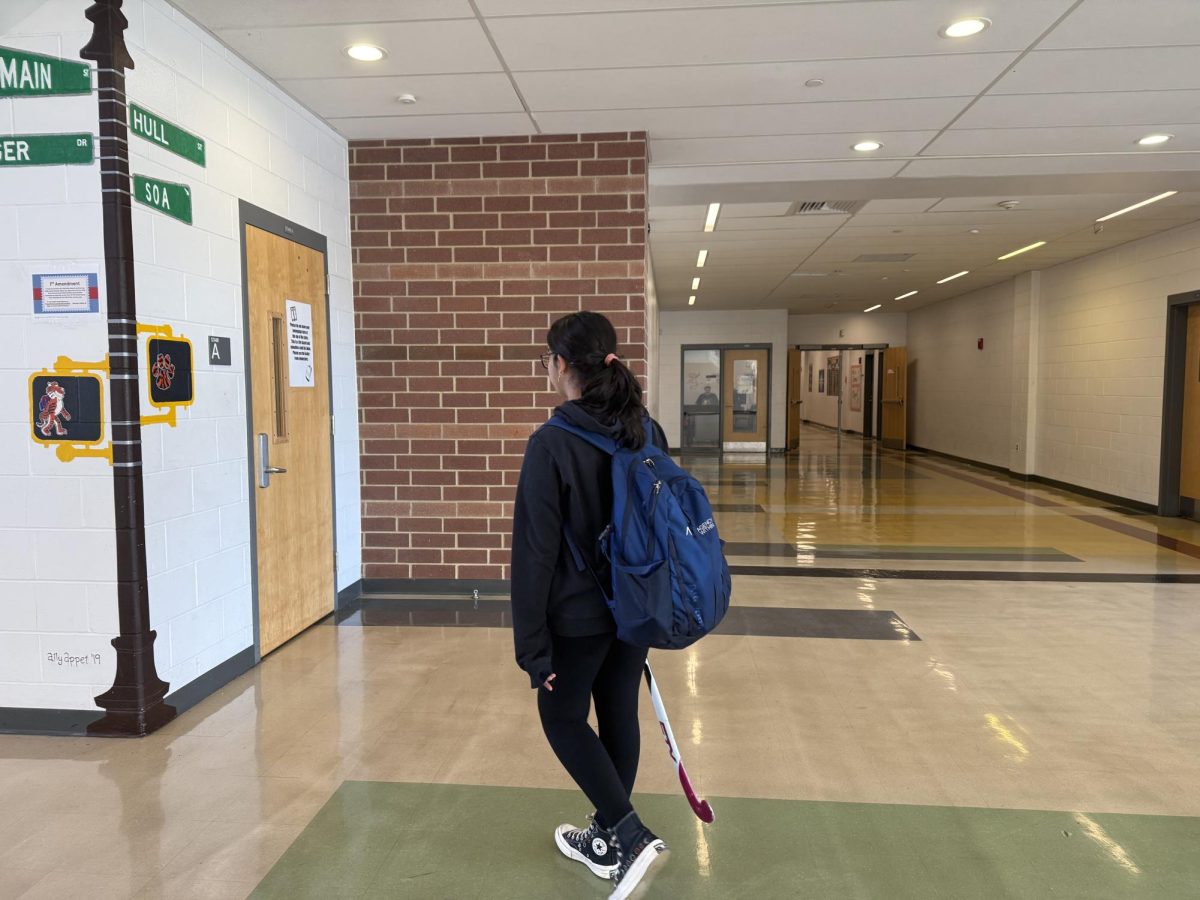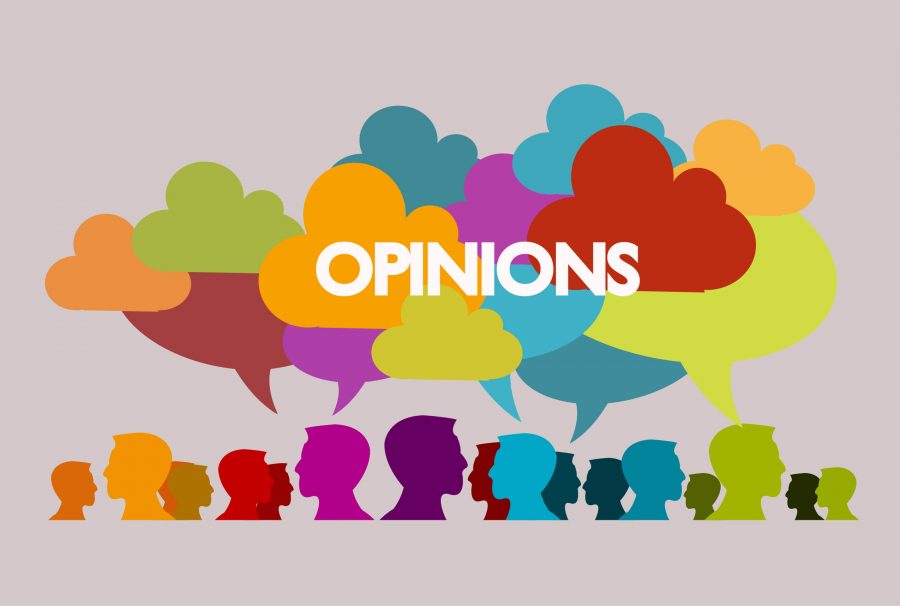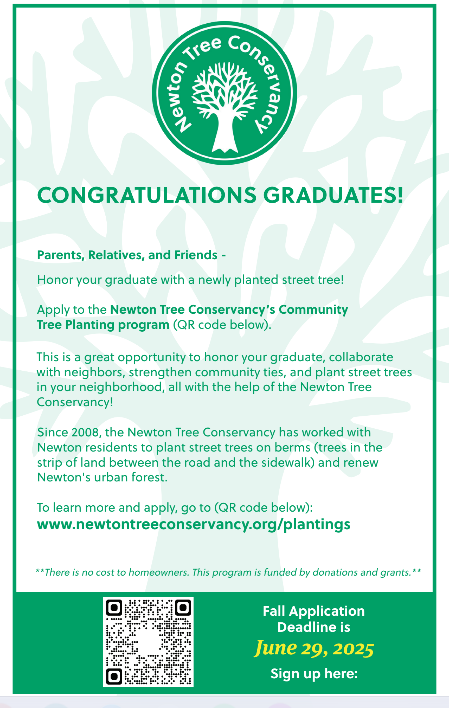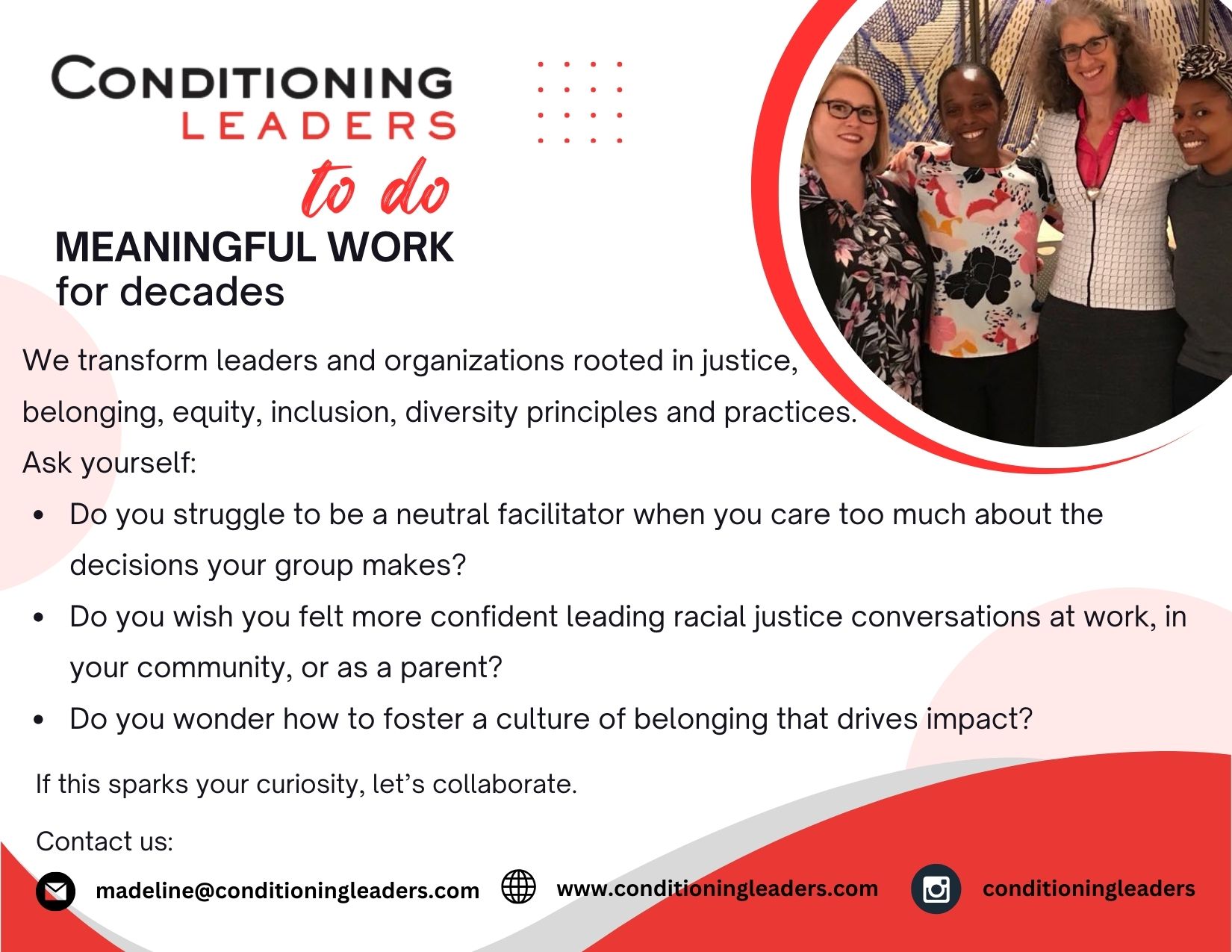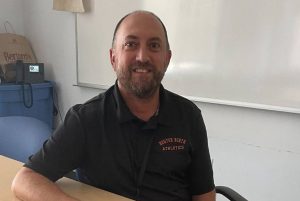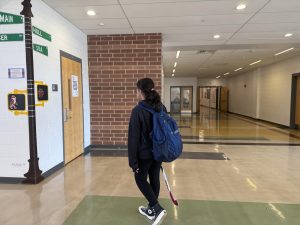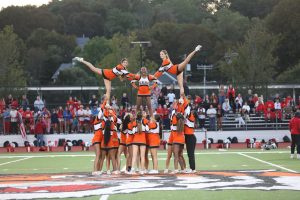Denial of voting rights to Puerto Ricans must end
March 6, 2022
Keeping in line with the ideals of our democracy, it is often assumed that the United States’ Electoral College system gives each and every American the right to vote. We expect that despite location, representation is given to all Americans. However, that is incorrect.
When the election system was founded in 1788, each of the 8 states in the union were provided a predetermined number of electoral votes, with these votes being allocated proportionally based on each state’s population. The number of states has since grown to 50, and the system remains. The one exception is The District of Columbia (DC)—which despite not being a state—is still granted three electoral votes by the Constitution. All other territories in which Americans live, including Puerto Rico, are not granted any electoral votes, effectively leaving them out of any major decision making process this country makes. To critics, this poses an immediate question: why do we refuse to recognize Puerto Rico specifically, as well as other territories, as a valid part of America—one in which its citizens have the right to fair representation?
According to junior Catia Schiff, who is Puerto Rican, it is history. “Voting rights is not just one issue, it’s a bunch of issues put together. It’s a long history of Puerto Rico being owned by the US and being passed from Spain to the US.”
For decades, the U.S. has made it important to continue to maintain jurisdiction over five populated territories outside of its mainland. These territories are not given the same right to vote as those on the mainland, despite some of them—most notably Puerto Rico—containing a population that is larger than nearly half of US states.
It is important to note that Puerto Rican illegitimacy in the eyes of the U.S. government is not something new. It has lasted for over 100 years, ever since Puerto Rico was seceded to the US by Spain in 1898. Throughout American history, Puerto Rico and its people have continually aided the federal United States. For example, Puerto Ricans have participated in every armed conflict involving America since WW1. Despite this, Americans have rarely done the same in return. As recently as during the deadly 2017 Hurricane Maria disaster, the federal government botched a response to aid Puerto Rico, which was already ravaged by a different Hurricane—Irma—around two weeks earlier. Close to 3,000 deaths were reported, and in the midst of the disaster, former President Donald Trump erroneously stated that Maria was not a “not a real catastrophe like Katrina,” according to the BBC.
Spanish teacher Denise Cremin, said, “I think for some people, Hurricane Maria was the first time they realized Puerto Ricans are US Citizens.”
The issue of recognition of Puerto Ricans as Americans is not something new on the U.S. mainland. Bills to grant Puerto Rico more federal representation have been repeatedly proposed and shot down for decades. USA Today reported that political party warfare has meant that Democrats want a largely blue territory to tip the balance to their favor on Capitol hill, which is opposed by Republicans, who see it as a power grab. Anti-Puerto Rican statehood advocates maintain that only states are entitled to electoral votes, however, this implies that American citizens living in U.S. territories should not have the right to vote, which is morally harmful and outdated.
At North, the issue of Puerto Rican statehood also barely reverberates. According to Cremin, in a place like Newton, Puerto Rican statehood is not an issue that she would expect to be brought up. “Very few people in a White suburban school like Newton North in continental America are thinking about Puerto Rico, and whether or not they’re a territory or citizens,” she said.
But although Newton is a suburban, continental school, we cannot turn a blind eye to Puerto Rican voting rights. When the 2024 US election comes around, we should not allow ourselves to silence Puerto Ricans again.
Whether out of malice or ignorance, Puerto Ricans are second class citizens to the federal government. Seeing the poor treatment that Puerto Ricans have endured, it is our duty that we as Americans will change this current crisis and provide the equality that this nation has always stood for.








